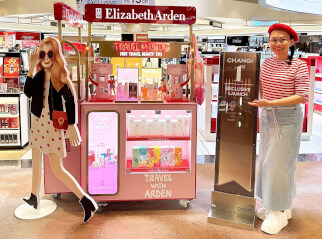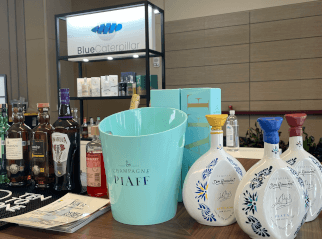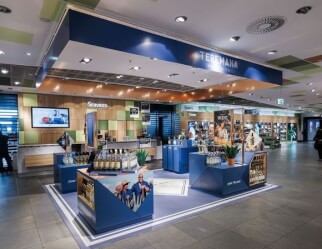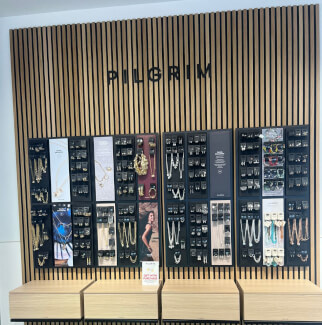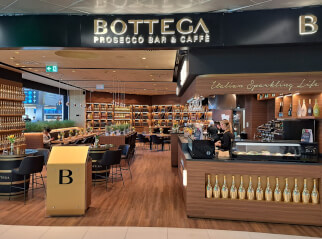WiTR webinar discusses immersive training and improving CX
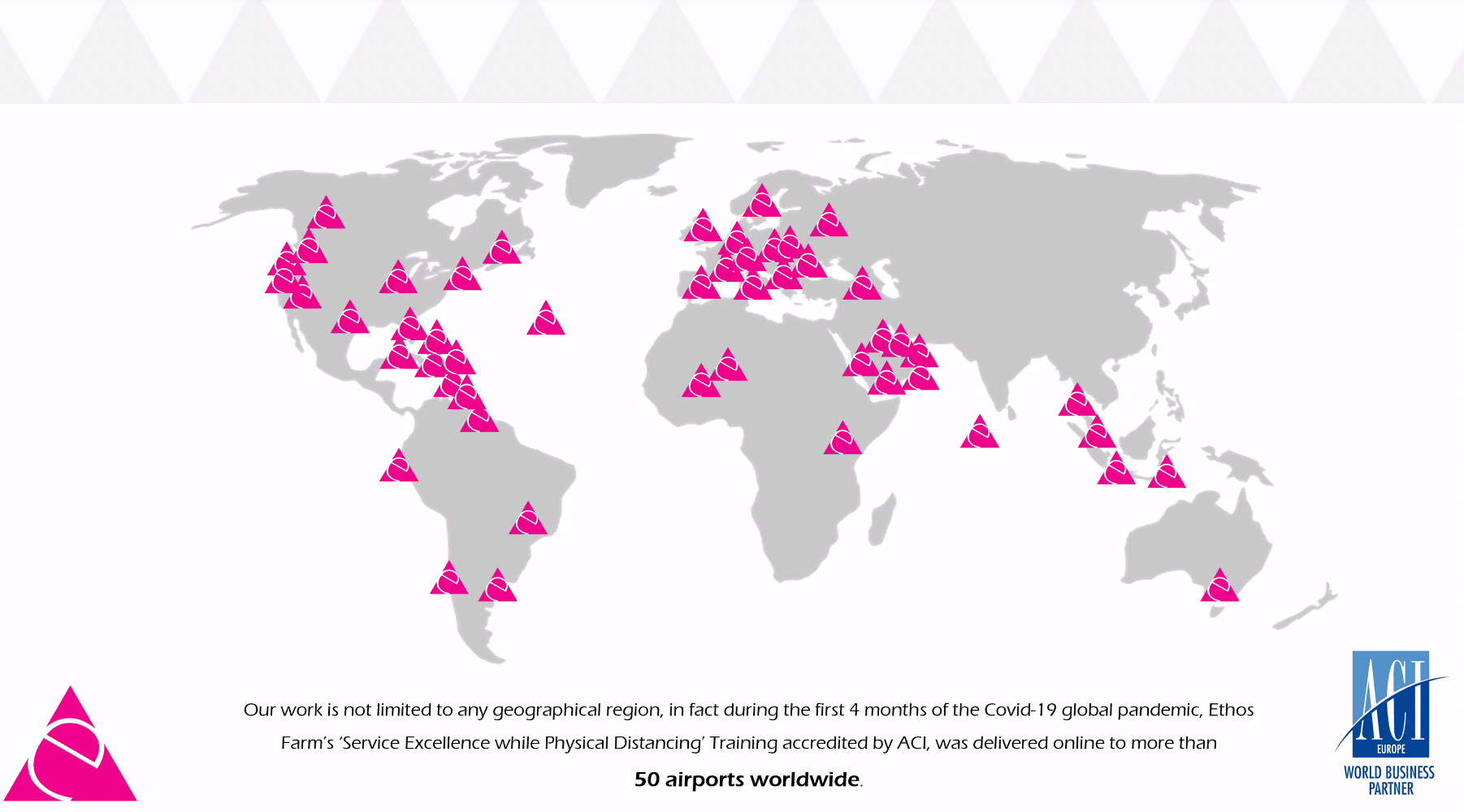
Ethos Farm is a top consultant in the field of global customer and employee experience and conducts training across the UK, Europe, North America and the Middle East
Global Travel Retail Magazine tuned into Women in Travel Retail’s (WiTR) latest webinar, “Next Gen Customer Engagement in Travel Retail” this week. The webinar was hosted by WiTR Vice Chair Gerry Munday and presented by Sally Alington, Founder & CEO at Ethos Farm.
Ethos Farm is a top consultant in the field of global customer and employee experience and the company’s partnerships with Airports Council International and International Airport Transport Association have seen its customer-focused training delivered across more than 50 airports worldwide.
The company’s philosophy is based on positioning people at the front and center of organizational culture and customer experience (CX). Ethos Farms’ work spans industries including travel retail, domestic retail and rail; clients include Heathrow Airport, British Airways, Virgin Atlantic, Heinemann Americas, DFS Group, Dufry, Chanel, Dior and more. Ethos Farm conducts training across the UK, Europe, North America and the Middle East.
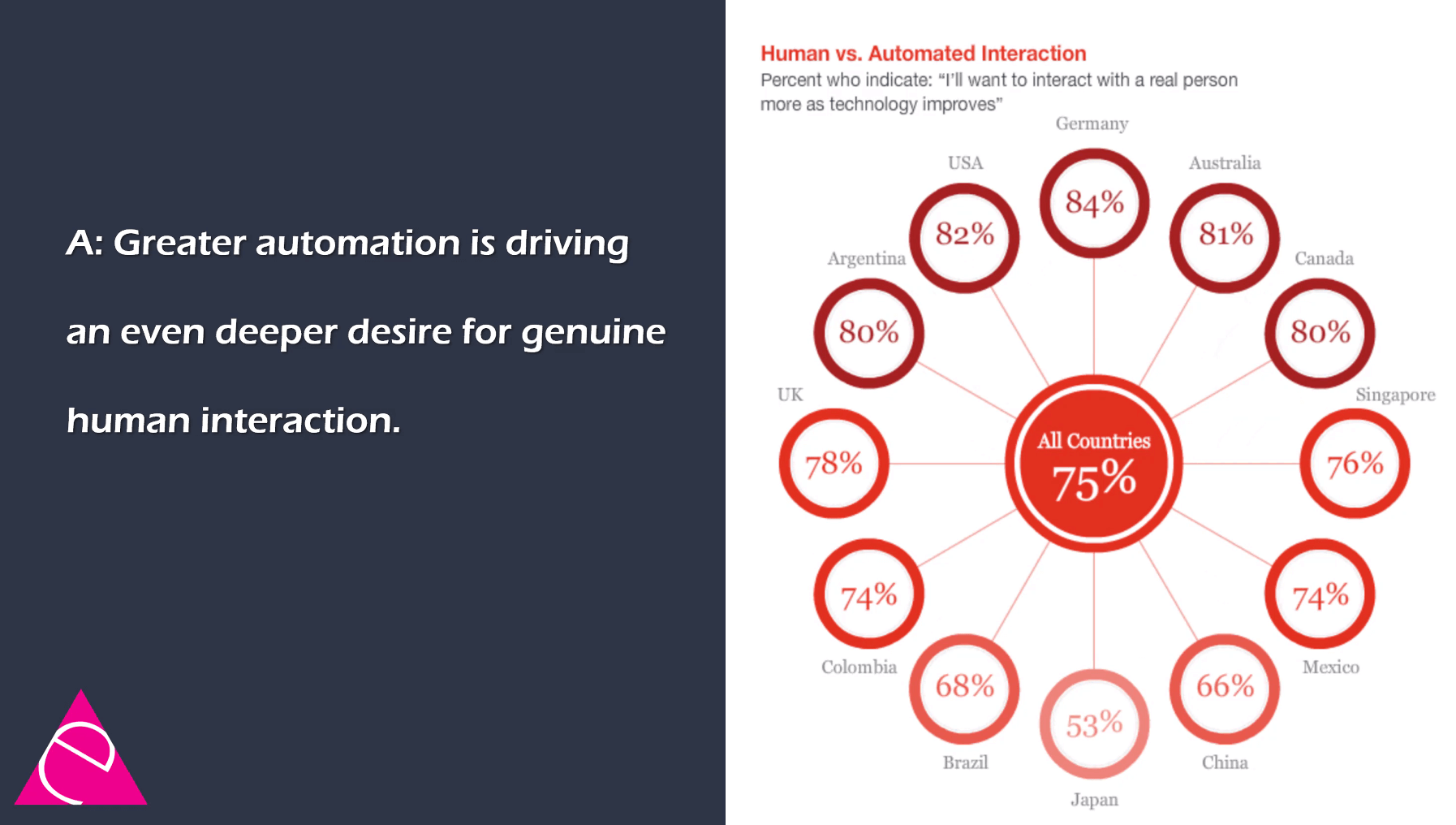
Across nationalities shoppers want to interact with people – and brands – in the moment and benefit from extras that come with in-person engagement
The rise of the customer experience
According to PwC’s annual customer experience survey of more than 15,000 people worldwide, 42% would pay more for a friendly, welcoming and memorable experience. Alington points out that across categories and industries, brands have the ability to engage with customers and increase spend if the experience justifies the price. The same 2022 survey found that 65% of customers find a positive experience with a brand to be more influential than advertising.
During her presentation, Alington posed the question: What does this mean in a world where we continue to automate and create staff efficiencies across industries? She shares that greater automation is driving an even deeper desire for genuine human interaction and the conversion rate is higher in-store than online. Shoppers want to interact with people – and brands – in the moment and benefit from extras that come with in-person engagement like gifts with purchase.
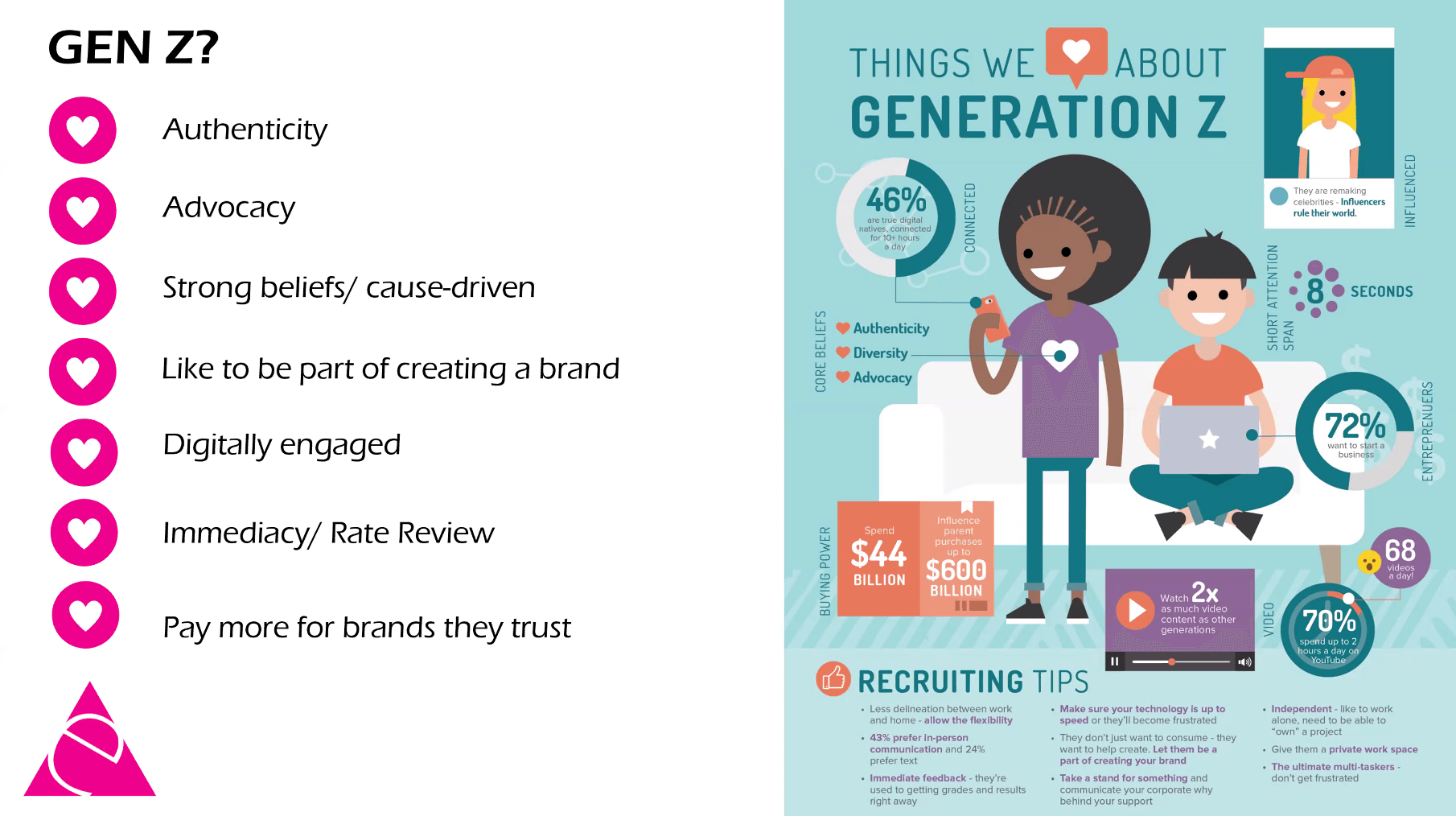
Gen Z customers like to be part of creating a brand; this means offering in-store experiential opportunities is essential
The Gen Z customer
Along with valuing authenticity, advocacy and immediacy, Gen Z customers like to be part of creating a brand; this means offering in-store experiential opportunities is essential. Gen Z is also willing to pay more for brands they trust – and the most effective way to communicate brand story and vision is through people. The key: associates and ambassadors need to feel knowledgeable and be equipped with the skills to succeed.
When discussing the fact that customers are willing to pay more for “the experience qualities” that matter most to them, Alington says it’s not only about brainstorming ways to identify such qualities, but also relaying this information to representatives on the shopfloor.
“[It’s about the cycle of building back what people are telling us into training to make sure that employees can answer questions and be prepared for what matters to customers. Genuine, valuable and authentic customer engagement comes from genuine, valuable and authentic employee engagement],” she explains.
It is also important to acknowledge that the makeup of today’s Gen Z customer will be the same as the employee of the future.
How to set up for success in travel retail
Taking a closer look at the channel, Alington addresses the following as problem statements within travel retail: dispersed workforce, staff turnover, pace of change, subject to disruption and high price tag. And follows up by listing its opportunity statements including predictability, destination focus, personalization and dwell time.
Alington says those working in duty free such as sales associates, brand ambassadors and beauty consultants have the unique opportunity to both build a rapport with frequent flyers and make an impression with passengers that reflects well on not only the brand, but also the shop, the airport and – to some degree – the airline.
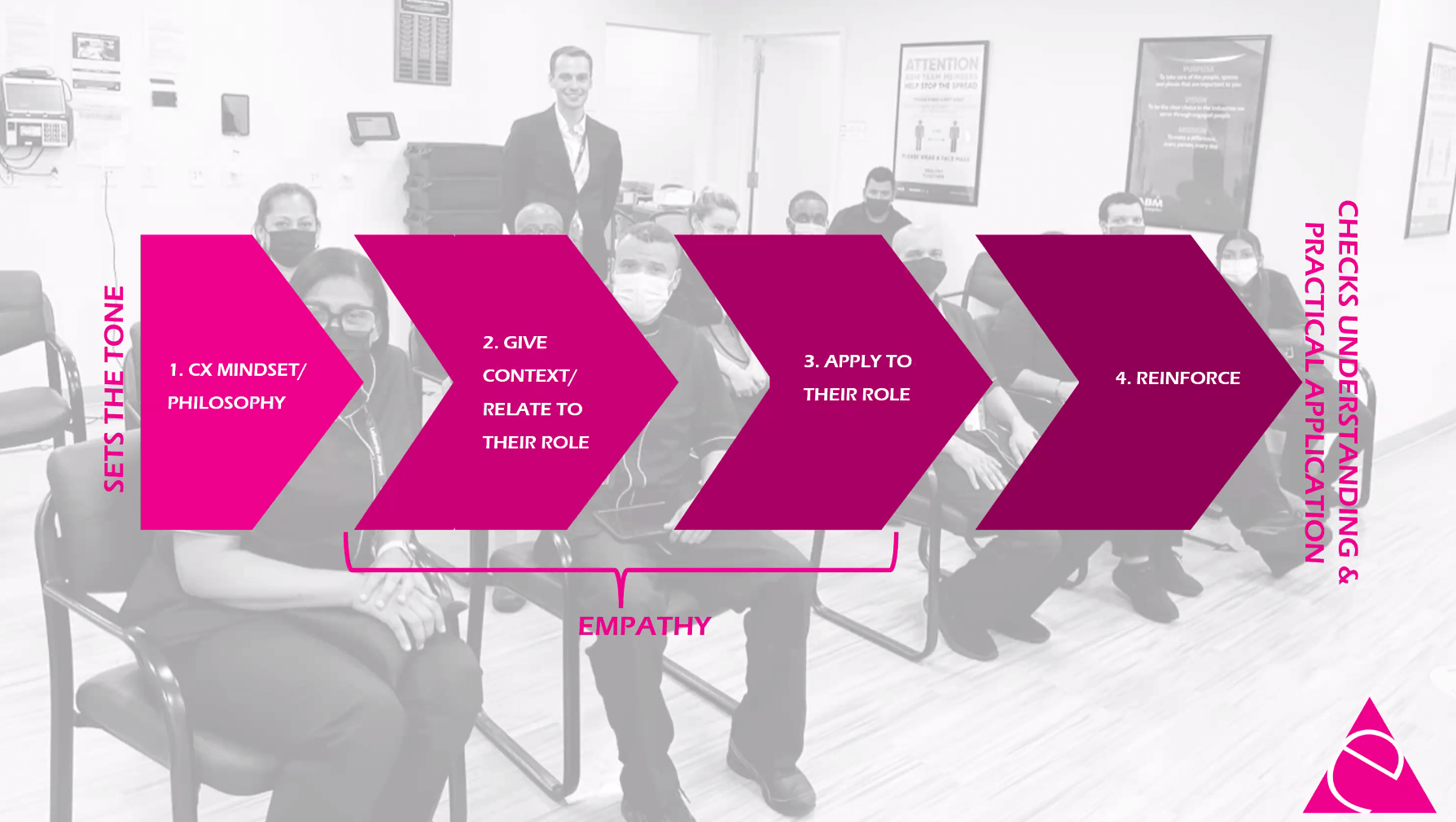
Ethos Farm uses four key steps to ensure that learners build an emotional connection and understand the overall business strategy
Behavioral learning & immersion techniques
Through its work, Ethos Farm helps learners to think differently by using immersion techniques and allowing individuals to create an emotional connection with training content. According to Alington, research shows that creating an emotional tie and evoking a feeling makes learning messages easier to recall. She says training should feel like an investment and if employees feel valued that feeling will be conveyed directly to the customer through the way workers engage with them.
Ethos Farm uses four key steps to ensure that learners build an emotional connection and understand the overall business strategy:
- Communicate the established customer mindset and philosophy
- Provide context in order to relate the business strategy to their specific role
- Create the opportunity to practice and apply learning (sometimes via immersion)
- Reinforce learning
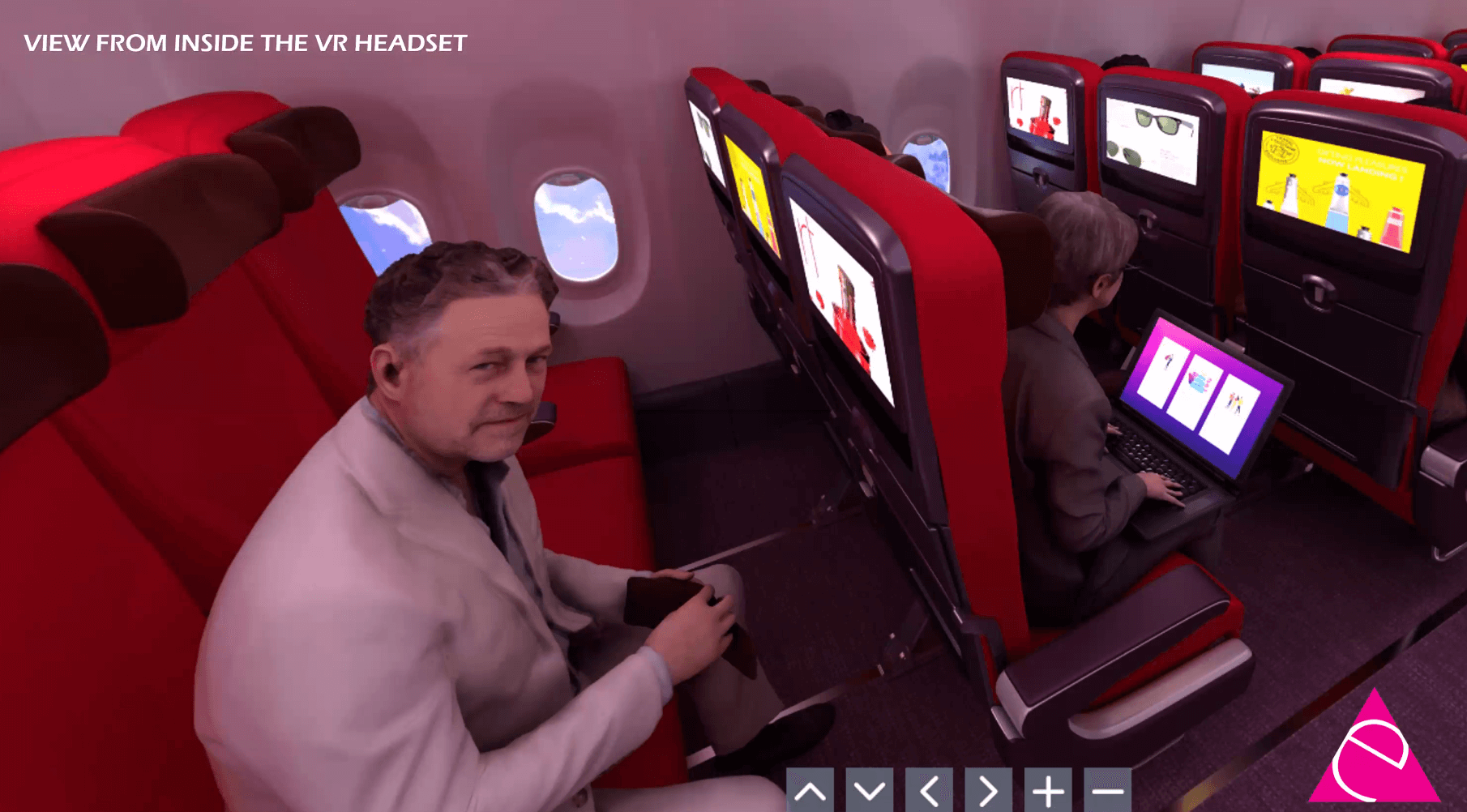
Using AI, and in partnership with Virgin Atlantic and 3Sixty Duty Free, the company recreated the inside of an Airbus A350 to train a new entrant cabin crew
Finally, Alington showed several examples of immersive learning that Ethos Farm has put into practice to make employees think differently about customer engagement. In partnership with Virgin Atlantic and 3Sixty Duty Free, the company designed a training program that focused on “making retail red.”
Using AI, Ethos Farm recreated the inside of an Airbus A350 to train a new entrant cabin crew who had not started working onboard the aircraft. Crew members could walk around the cabin, interact with virtual passengers and become familiar with their surroundings via a headset. This method of learning educated employees on how to personalize conversation, build empathy – and then make a sale. Compared to a trial group of new entrants who did not receive this type of training, the initial crew delivered 551% more sales over a monitored time period.
To conclude, Alington reiterates that by offering a unique learning experience, employees are able to build an emotional connection, recall information at a higher rate and improve CX experience.
WiTR’s next webinar will take place on December 7.



